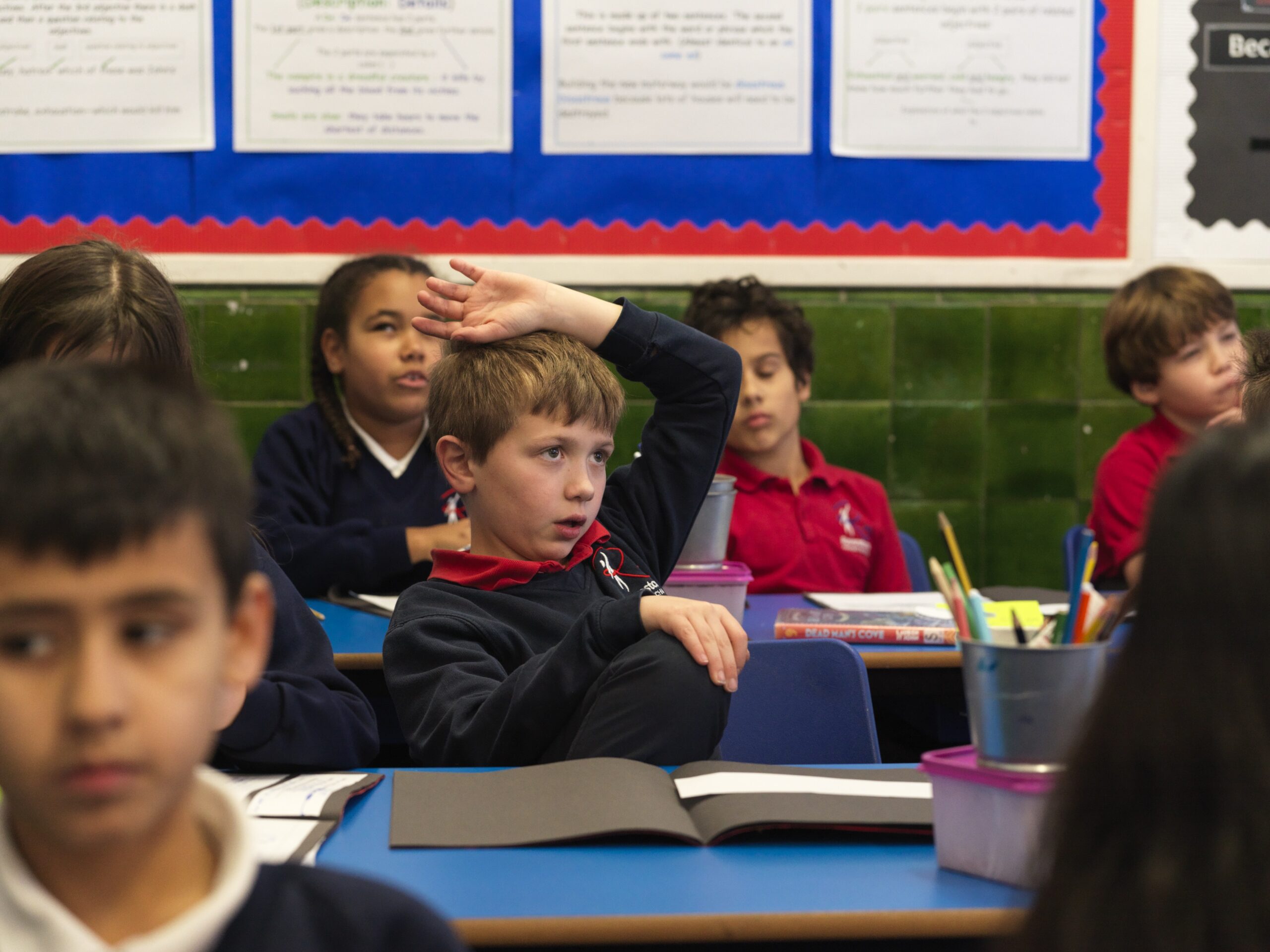The boys are back in school! And a new school year can feel like it can go in any direction.
With boys more likely to be suspended and more likely to report frequent fighting than girls, parenting or teaching boys (and parenting and teaching, in general) can seem like dealing with one issue after another, with boys disproportionately targeted by messaging and behavior that encourage aggression and violence, including toward girls. Some of this messaging circulates in online spaces where boys go to find answers to common questions – and community – but many of these spaces end up promoting “toxic masculinity” and, ironically, loneliness.
Throughout boys’ early lives – much of it spent in school – boys are exposed to these ideas that attempt to shape them into “real men,” which often means curtailing displays of emotions like hurt and disappointment, but also emotions connected to care and affection. It often means not seeking help when they need it, feeling pressure to adhere to masculine stereotypes, and staying silent in the face of bullying (or bullying others) – which can lead to disconnection now and in their later years.
We know parents and teachers want to raise boys who share emotions in healthy ways, and we know boys have the capacity and deeply want to love and care for others, including their friends and people they know at school. So, we’re sharing some tips for parents from Michael Reichert, and for teachers from UNESCO – these can be used over this next school year to help boys show up as better students, better friends, and as their best selves.

AT HOME:
Recommendations from How to Raise a Boy by Michael Reichert
Listen and observe, without judgment, so that boys know they’re being heard.
- Help them develop strong connections with teachers, coaches, and other role models.
- Encourage them to talk about their feelings about the opposite sex and stress the importance of respecting women
- Let them know that they don’t have to “be a man” or “suck it up,” when they are experiencing physical or emotional pain.
More tips for parents here.
AT SCHOOL:
Recommendations from Leave no child behind: global report on boys’ disengagement from education by UNESCO
- Consider implementing gender-transformative curricula and continuous activities in schools from an early age to encourage the critical examination of harmful social norms, gender inequalities and masculinities, and the strengthening of boys’ social and emotional skills.
- Address boys’ low achievement, early on, including in early childhood care and education and early support for reading. Exposure to male role models and mentors that dismantle stereotypes and increase boys’ motivation to learn.
- Monitor students’ learning performance, attendance rates and other predictors of dropout, following up with students and parents as necessary.
- Promote a positive learning culture that stimulates the interests of all learners, and be fair to and have high expectations of all learners; provide constructive feedback to students, building high-quality teacher–student relationships.
- Target and include boys and girls, young women and men in programmes to challenge harmful gender norms and engage critically with restrictive masculinities, via core or add-on curricula, extracurricular and/or community based activities.

